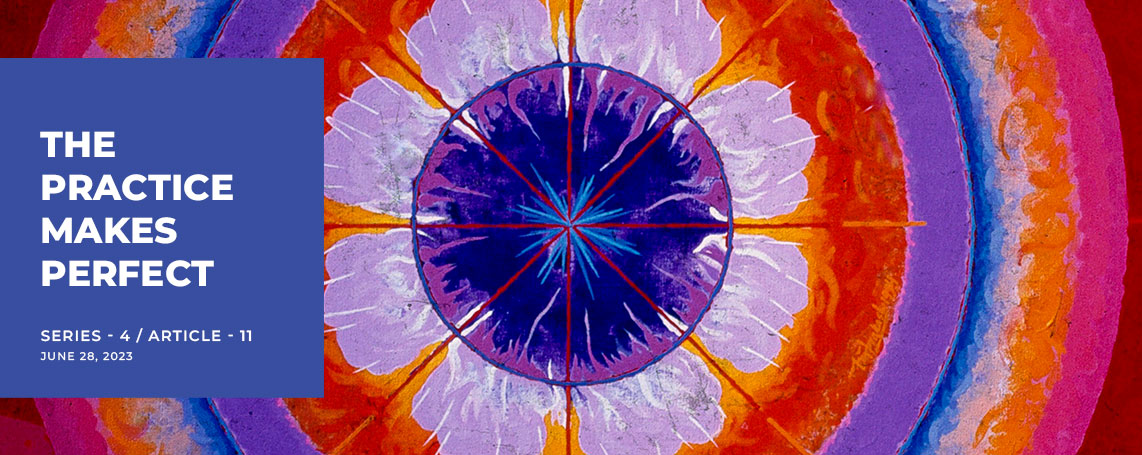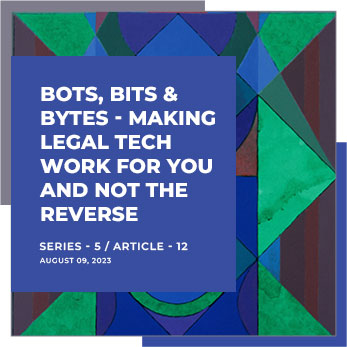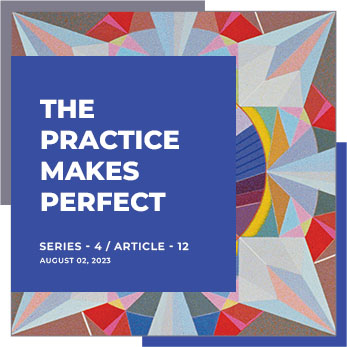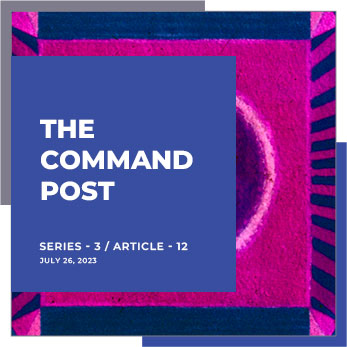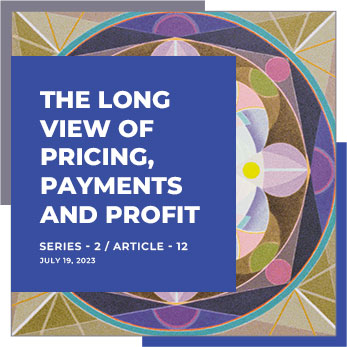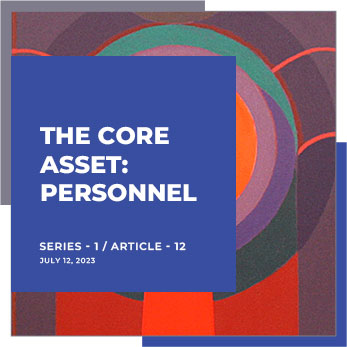“We help public sector clients navigate the requirements of the election process, including the proper preparation and filing of nominating petitions and related documents as well as campaign finance reporting and recording requirements. We also regularly assist citizen groups with the preparation and filing of petitions seeking to place various public questions or initiatives on the ballot.”
It seems that once every four years, the news is flooded with the terms ‘election fraud’, ‘ballot stuffing’, ‘ballot harvesting’, ‘recounts’, and a few other bits of election-year jargon. This might lead the casual observer to believe that election lawyers sit around during the off years with nothing to do but to gear up for the next ‘hanging chad’ challenge.
But nothing could be further from the truth. From monitoring PAC compliance to reporting on corporate political donations and challenging gerrymandering schemes regarding district boundaries, election lawyers are indeed kept busy throughout the decade advising candidates and campaigns as to how to run for office—without running afoul of the law.
Complexity and Consistency
The election laws of the United States and those of the individual states are designed to create and maintain an organized administration of the electoral process. Aside from the Constitution and written legislation, there is, of course, a constantly developing body of case law that informs as to what the rules are of the game of politics. Election legislation and rulings are complex, to be sure, but at the same time, in order for a democracy to function, there must be consistency from election to election and from polling district to polling district.
The legal framework supporting the electoral process must at all times be unambiguous, fair, and transparent so as to maintain public trust and confidence in this hallowed bedrock institution of democracy.
Campaign Finance
Election and campaign finance laws are intended to regulate the level of financial influence an industry or special interest group may wield in the political process while at the same time providing the enormous amount of funding necessary for a political campaign. An entire body of statutes, regulations, and rules have been crafted for oversight of the relationship between public and private interests and the decision-making of policymakers at all levels of government. Election lawyers have, as one of their functions, protection against abuse from—and the defense of—political contributions.
It is understandable, then, that it is not just politicians and campaign managers who need to retain qualified election law attorneys but also major donors, corporations, lobbyists, and PACs to advise them as to what is legal and what is not. Experienced counsel help to ensure the legality of political campaign funding not just at election time but in between elections as well. A significant part of such legal supervision is not just to monitor the contribution levels and to advise as to compliance with a huge number of laws and regulations restricting political donations but also to make sure that the reporting of legal contributions is proper. This is especially true for the most politically active donors whose contributions are likely to be scrutinized by regulators as well as public watchdog organizations.
Purcell Doctrine
Another area of election law that perhaps gets less media coverage yet is critical to fair elections is the enforcement of the Purcell Doctrine. The doctrine is a legal principle that basically states that courts may not make changes to election rules too close to an election so as to avoid confusion by the electorate and, in order not to create problems with the administration of elections for election officials. The name stems from the 2006 landmark case of Purcell v. Gonzalez, which was heard by the U.S. Supreme Court via its emergency docket.
In Purcell, the Supreme Court reversed an October 2006 decision of the U.S. Court of Appeals for the 9th Circuit blocking an Arizona voter ID law during that year’s midterm election. The district court had initially denied a preliminary motion to block the change in the law, but the Appeals Court blocked the law until an appeal on the merits could be heard. That, in effect, allowed for a change in the rules close to the November election. The Supreme Court based its decision on the short amount of time between the 9th Circuit’s order and the election, the need of Arizona election officials for clear guidance, and the 9th Circuit’s lack of an explanation for its decision. Election lawyers reference the Purcell Doctrine when seeking a stay of a lower court decision that would change the rules for an upcoming election.
And on Election Day, Primaries, Early Voting…
Prior to the 2020 election, the Washington, D.C. law firm of Steptoe & Johnson held their ‘Fourth Annual State of Voting Rights’, a panel of legal experts speaking on current voting rights cases, gerrymandering, recently enacted state laws, and attempts to restrict voting rights. The panel was asked to address practical ideas as to how attorneys could help ensure that elections are accessible and fair. Their reply was that there was something that every attorney attending the program could do, and that was to assist with the nation’s largest nonpartisan election protection hotline. After proper training, any attorney could work as a volunteer answering calls on the hotline—even without any prior election litigation experience.
According to John Powers, counsel for the Lawyers Committee for Civil Rights under Law Voting Rights Project, a lot of tough calls come in on election day, and just as the entire electoral process needs in-court litigators to file emergency petitions and motions, so too is there a demand for an army of lawyers in the field to provide legal guidance via the hotline. According to Powers, “A lot of the litigation that we do actually has arisen from phone calls we get.” The hotline also needs attorneys during primaries and to assist with early voting matters.
No Longer A Niche Practice
Long after the polling sites have closed, lawyers continue to file their post-election lawsuits. Election litigation continues as critical rulings need to be decided upon not just for the recent election but also as precedents for the next one. Months after an election, such topics as ‘line warming’ at polling stations and other disputes continue until resolved. What was once considered a niche specialty practiced by a handful of Washington, D.C. law firms or Chicago LaSalle Street powerhouses has mushroomed into a multi-million-dollar practice area which, between 2008 and 2020, grew by 1,700%.
In fact, today, the website of almost every Big Law firm in the country boasts an Election Law sector with lawyers at the ready to represent campaigns, donors, and voting rights activists. With the heavy reliance on perhaps not so well-tested election technology, the questionable location of U.S. election servers in overseas locations, and other possible irregularities in the U.S. electoral process, the need for election lawyers will only continue to increase.
Executive Summary
The Issue
Is an election law practice merely a seasonal niche or a viable, ongoing practice area?
The Gravamen
Election lawyers are needed for a host of issues well outside of election day, and the proper counseling of both campaigns and donors, as well as challenging changes in election laws, makes for a very full-time, year-round practice specialty.
The Path Forward
Because of the complexity of election law legislation and, in particular financial contribution regulation, the demand for election lawyers will continue to grow.
Action Items
Federal+ Fifty:
Our electoral process is grounded in the U.S. Constitution, and therefore any lawyer seeking to practice in this field must be fully versed in Article I, Section 4 of the U.S. Constitution and the parallel provisions of the various states.
Legal and Ethical Pitfalls:
Because election financing law has become so complex, it is the job of the election lawyer to protect his or her client from overstepping the numerous laws and regulations that a client could face.
Not Just Litigation:
A key role that the election lawyer plays is to give wise counsel to client-donors, especially corporate or special interest clients, not just to campaign contributions but also to permissible funding of PACs and other use of corporate funds for political purposes.
Monitoring Proposed Changes:
Hardly a legislative session goes by without a proposal being introduced to make a change in the election laws, and election lawyers must monitor such proposals in order to act in their client’s best interests.
Further Readings
- https://www.jw.com/sub-practice-areas/elections-campaign-finance/
- https://www.scotusblog.com/election-law-explainers/the-purcell-principle-a-presumption-against-last-minute-changes-to-election-procedures/
- https://www.law.com/nationallawjournal/2021/10/22/how-election-law-grew-from-a-niche-practice-to-a-multi-million-dollar-draw/?slreturn=20230511103231
- https://www.yalelawjournal.org/tag/election-law
- https://clp.law.harvard.edu/knowledge-hub/magazine/issues/election-lawyers/election-law-as-a-clinical-endeavor/

